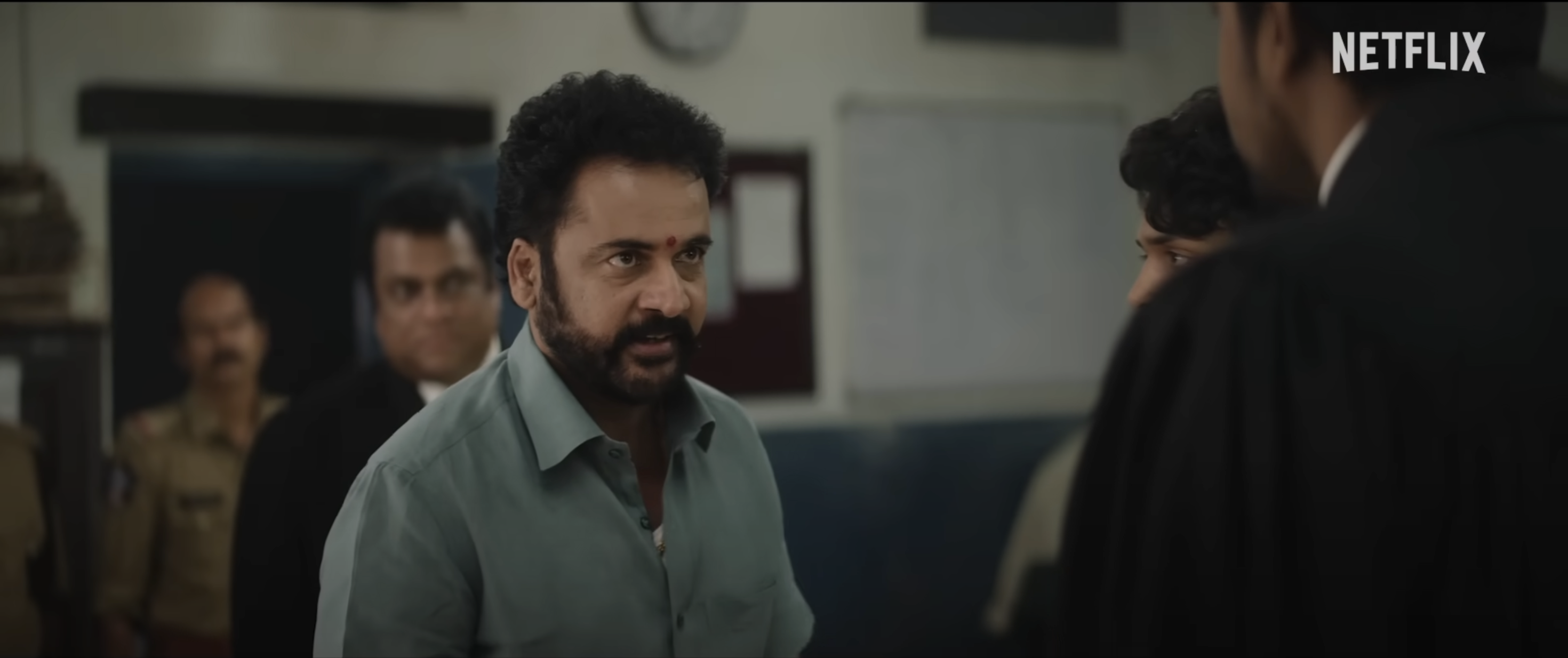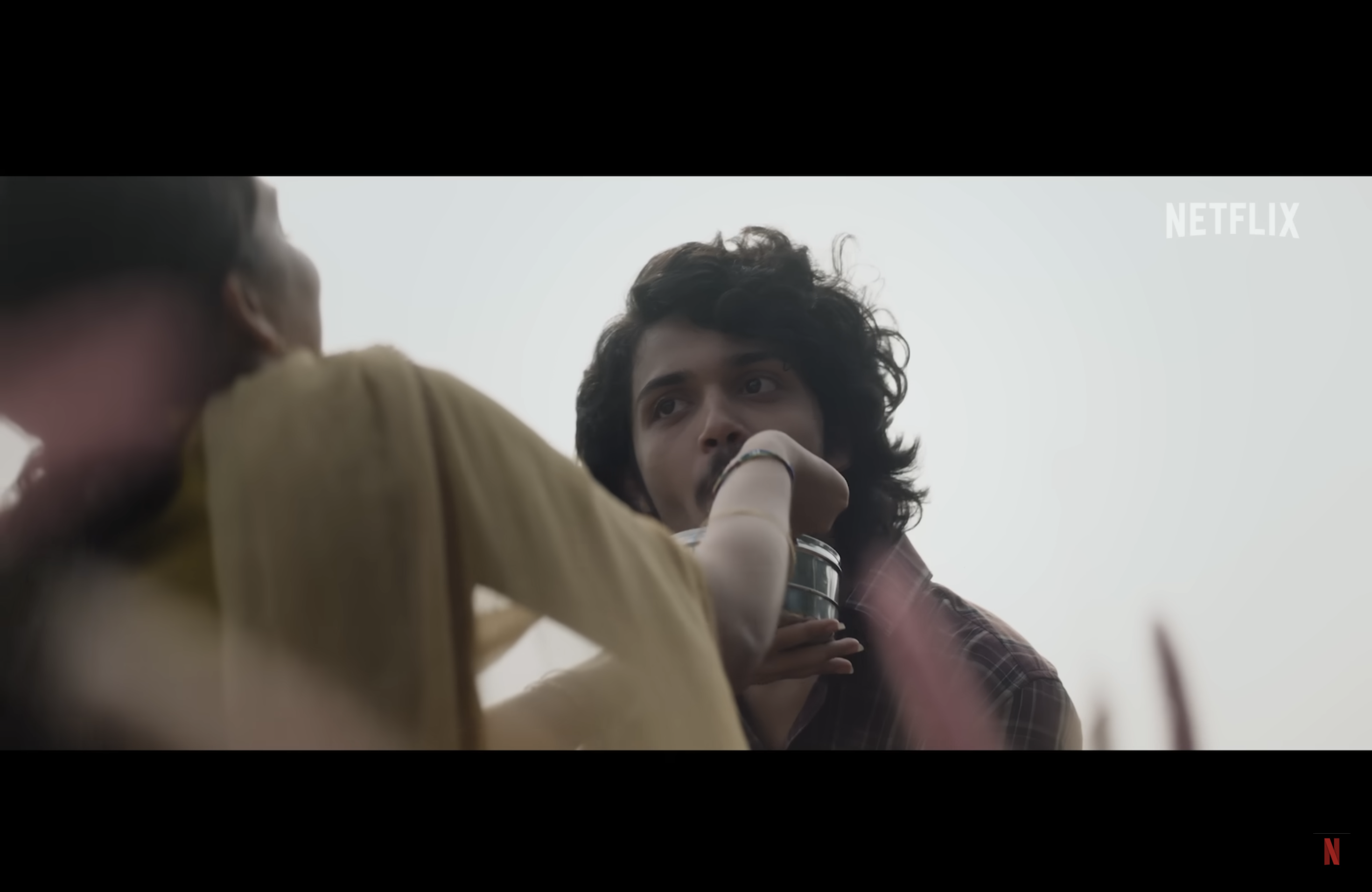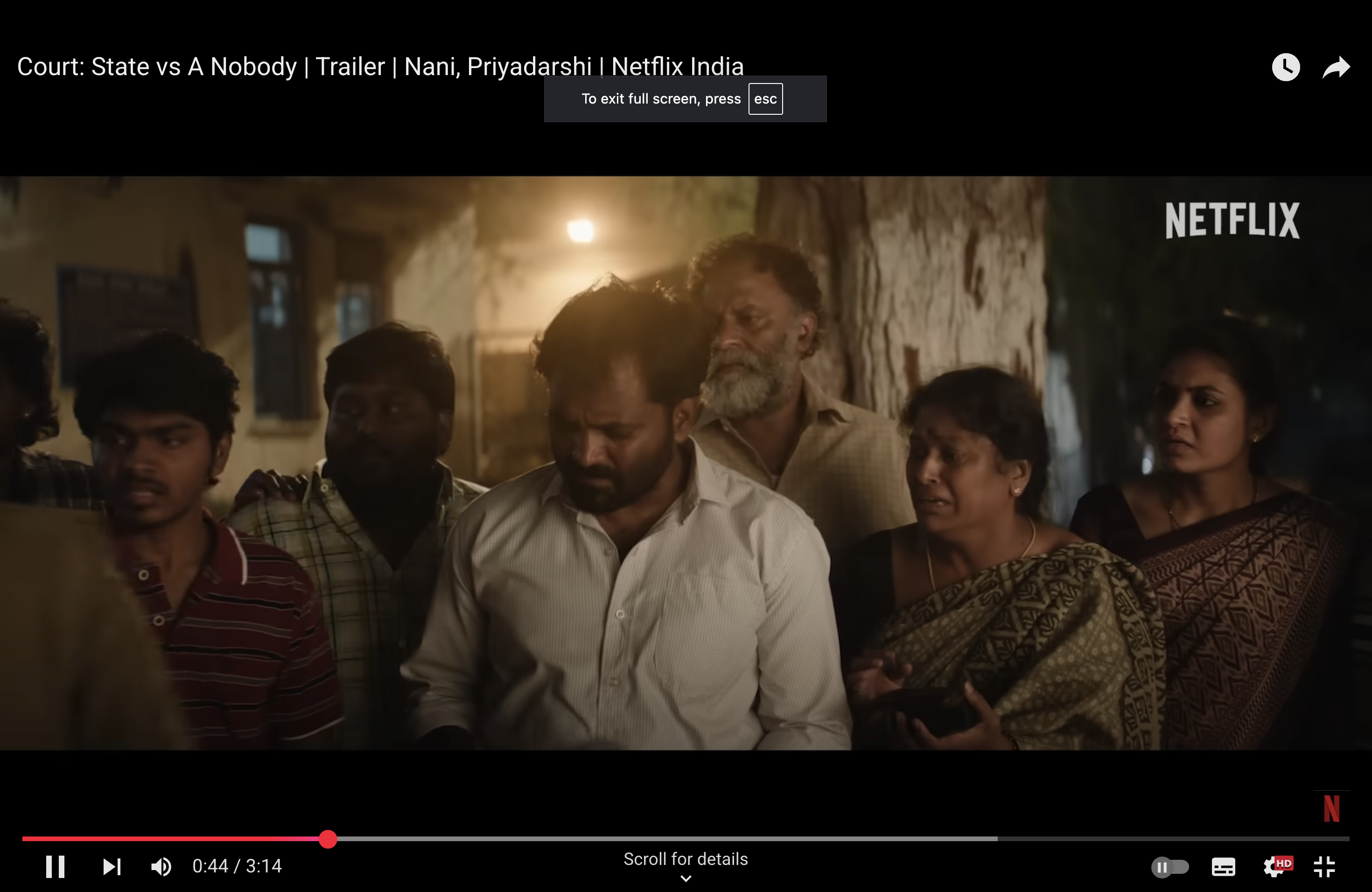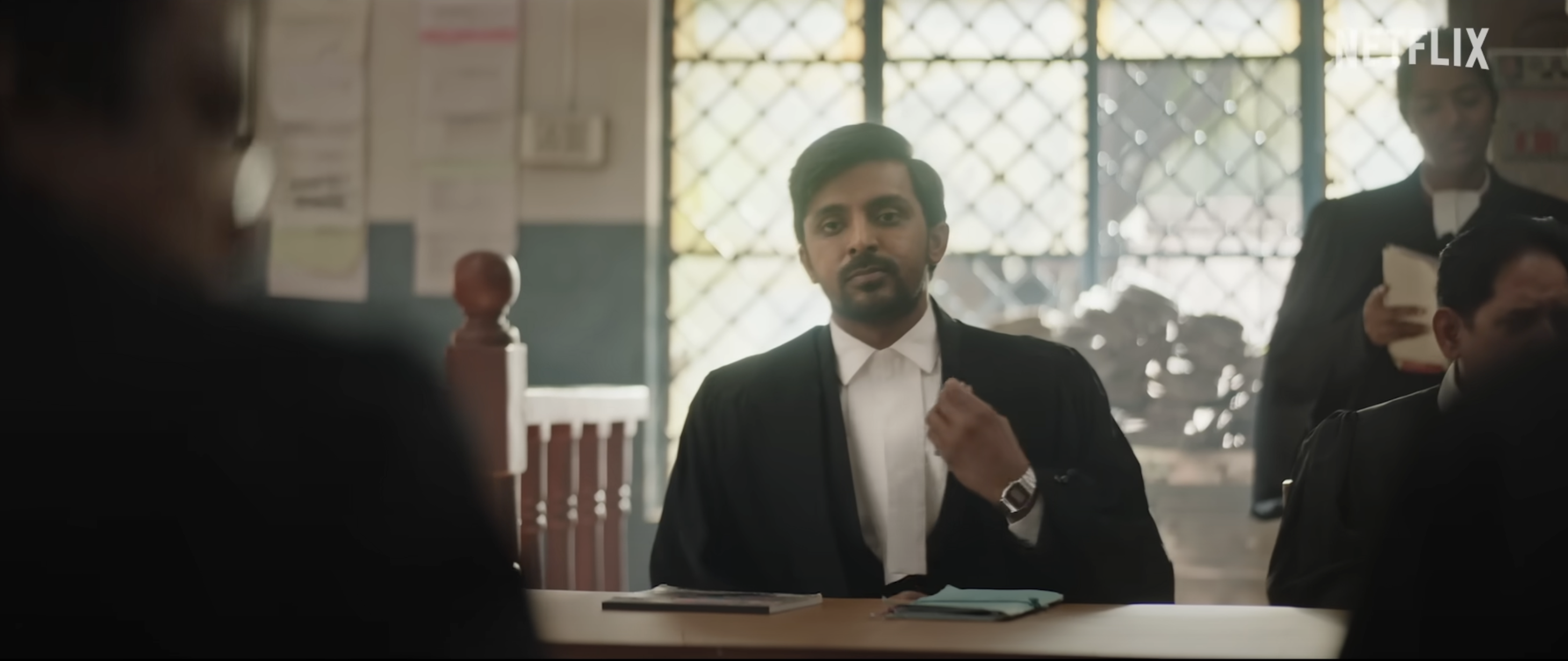Court: A Bold Telugu Film That Dares to Question Justice

Plot Summary - Court: State vs Nobody
Set in 2013 in Visakhapatnam, the film centers on Mettu Chandrashekar (Chandu), a 19-year-old from a humble background, who juggles odd jobs to support himself. He falls in love with Jabilli, a 17-year-old girl from an upper-caste family. Their relationship sparks controversy when Jabilli's uncle, Mangapathi — a staunch caste loyalist — files a false case under the POCSO Act, accusing Chandu of misconduct.
As Chandu faces arrest and public shame, a young and idealistic lawyer, Surya Teja, steps in to defend him. Under the mentorship of veteran advocate Mohan Rao, Surya fights to bring the truth to light. The film unfolds as a gripping courtroom drama, exposing systemic flaws, caste-based discrimination, and the devastating consequences of legal misuse — all while questioning the fairness of justice for the marginalized.

My Review: Court - State vs Nobody
Overall, the movie was good. I thoroughly enjoyed it, even though the pace was slow. Unlike most Indian films, it had very few songs — but that actually made it feel more raw and real. One of the highlights, and perhaps the most powerful moment, was when the doctor's attendant is asked to identify the victim's mother by being shown two different photos. It was shocking, absurd, and perfectly captured the negligence and confusion that mirrors real-life flaws in the Indian legal system.

The film bravely portrays how difficult it is for people — especially in villages and small towns — to fall in love freely due to caste, status, and societal expectations. It sends a strong message about the importance of knowing one's legal rights. Even children should be made aware of basic laws and protections.

Mangapathi's role was also worth mentioning — it was a strong, layered character, and Sivaji played it with great conviction. The role perfectly suited him.
What stood out to me the most was how the film subtly exposed corruption, power dynamics, and the helplessness of those who don't enjoy high-society privilege. It's not just a love story or a courtroom drama — it's a mirror to the very flaws that often obstruct justice in India. I truly believe films like this should be seen widely, especially by the youth, because they spark the kind of important conversations we need today.
Now I understand why the producer confidently said, "I challenge you — if this movie doesn't move you, then don't bother watching my next film, HIT 3." That's how impactful Court really is.
Leave a Comment